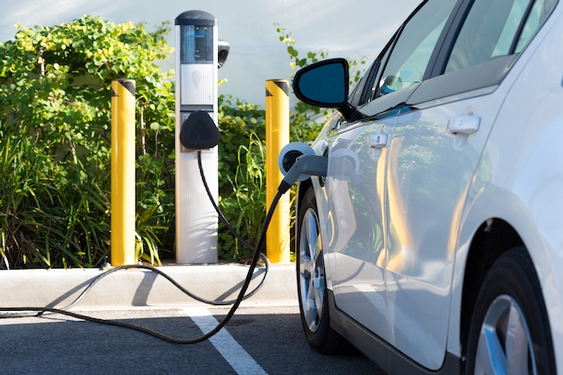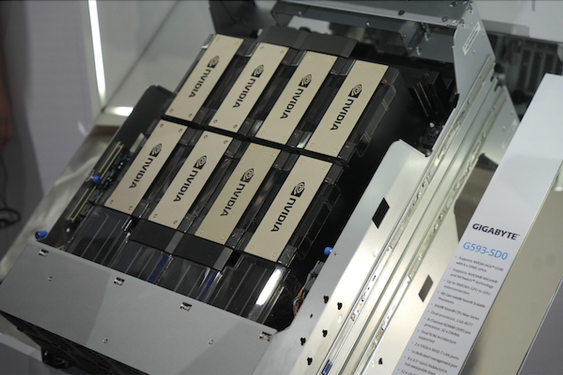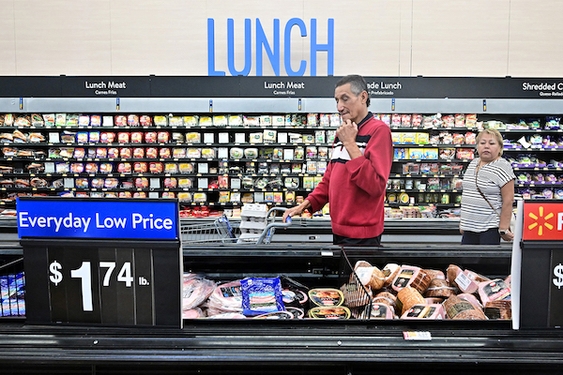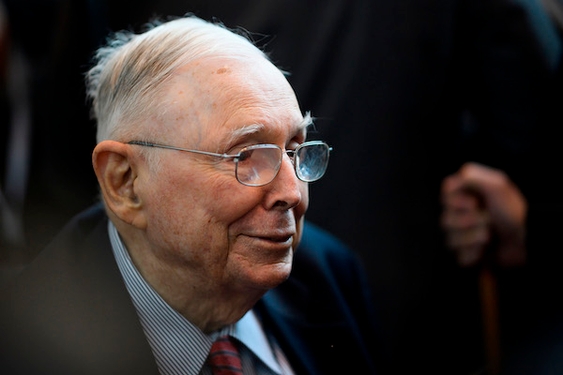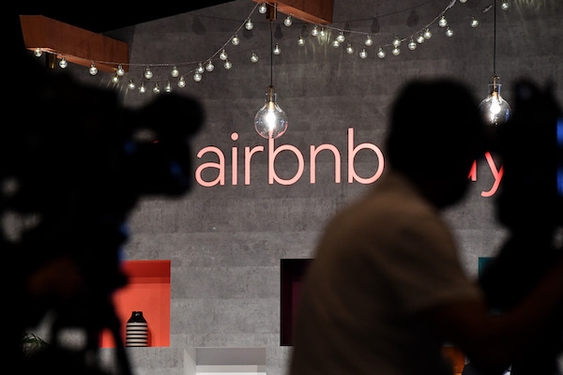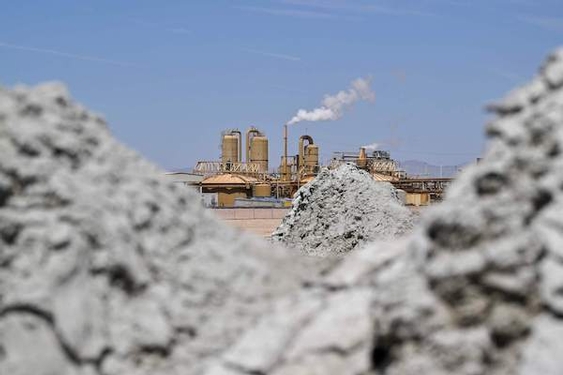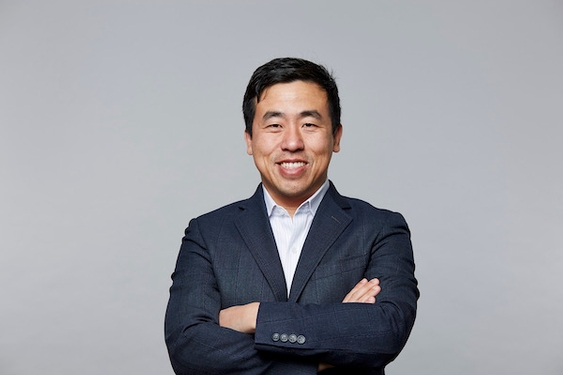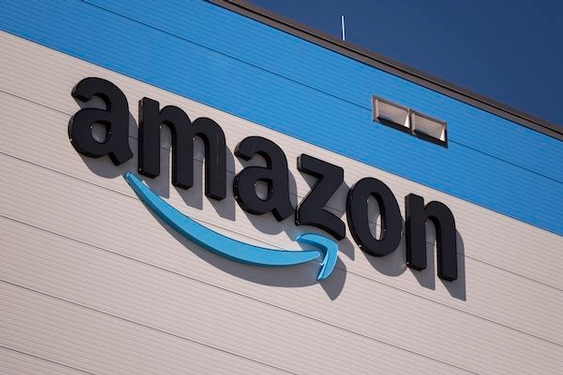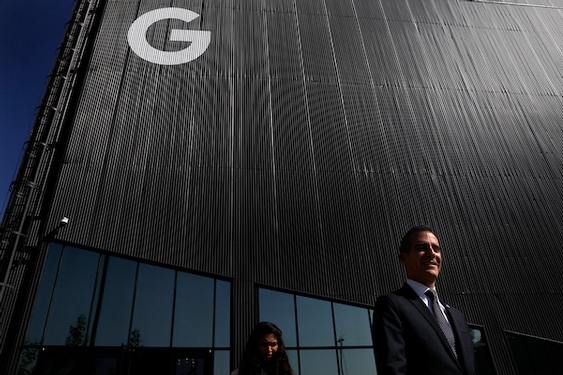Due largely to a sharp increase in sales since 2021, California has passed its target of putting 1.5 million zero-emission vehicles on Golden State roads a couple of years ahead of schedule.
According to figures from the California Energy Commission, 1.52 million electric vehicles, or EVs, have been purchased through the first quarter of this year. Under the state's definition, EVs are comprised of battery-electric, plug-in hybrids and hydrogen fuel cell vehicles.
"For the last decade, California has had a goal to reach 1.5 million zero-emission vehicles by 2025," energy commission chair David Hochschild said in a statement. "Now this goal has been surpassed nearly two years early, which is an important milestone on the journey to finally bringing clean electric transportation mainstream."
Zero-emission sales in California had been flat between 2018 and 2020 but have soared in the past two years. Nearly half (720,150) of the 1.5 million target can be attributed to purchases made in 2021, 2022 and the first quarter of this year.
"I think it's a coming together of having the right policy standards as well as having the right market conditions," said Josh D. Boone, executive director of Veloz, a Sacramento-based public-private nonprofit that supports the move to electric transportation.
Those conditions, Boone said, include automakers offering 115 different makes and models of electric vehicles, government incentive programs and building out more charging stations.
"What we know in California as a leader in the EV market is that consumers want choice and they finally have that choice," Boone said.
Sales of EVs grew in the first three months of this year to account for 21 percent of all of California's new car and truck market — compared to 5.6 percent for the total U.S. market.
Drivers in San Diego County bought 10,833 EVs in the first quarter of this year, accounting for more than 8 percent of the 124,053 purchases seen across the state from January to March.
To reduce greenhouse gas emissions and achieve California's climate goals, state policymakers have made boosting EV sales a statewide priority.
The California Legislature has approved more than $5 billion in investments aimed at the transition.
Former Gov. Jerry Brown in 2018 set a goal to have 5 million zero-emissions vehicles on California roads by 2030. Two years later, Brown's successor, Gavin Newsom, issued an executive order that bans the sale of new gasoline-powered passenger cars by 2035.
Last August, the California Air Resources Board put more specifics on the order, mandating that at least 35 percent of model year 2026 passenger cars and trucks sold in California will be zero-emissions. The numbers ramp up each year, going to 68 percent in 2030 and 100 percent by 2035.
The state offers rebates up to $7,500 for battery electric and hydrogen fuel cell vehicles and up to $6,500 for plug-in hybrids.
On the federal level, subsidies include tax credits up to $7,500 for vehicles that qualify.
"If the state is trying to align consumer sentiment with its political desires, certainly they have reason to celebrate the growing share of EVs and overall fleet sales," said Marc Scribner, senior transportation policy analyst for the Reason Foundation, a libertarian think tank based in Los Angeles that advocates free market solutions to public policy issues.
But especially given the rise in EV sales, "I think subsidizing EV sales is unnecessary," Scribner said. "If consumers increasingly want EVs, that's what they're going to purchase."
Boone said the incentive programs need to stay in place to lower upfront costs of EVs, encourage their access to Californians living in areas disproportionately impacted by air pollution and upend more than a century of internal combustion engine dominance.
"It stands to reason that when we're really trying to make a change that is probably one of the largest transitions since the Industrial Revolution, we need to continue to support this effort as we move through the transition," Boone said.
California has also set a goal to have 250,000 public and privately shared charging stations installed by 2025. The number currently stands at 87,707.
©2023 The San Diego Union-Tribune. Visit sandiegouniontribune.com. Distributed by Tribune Content Agency, LLC.


